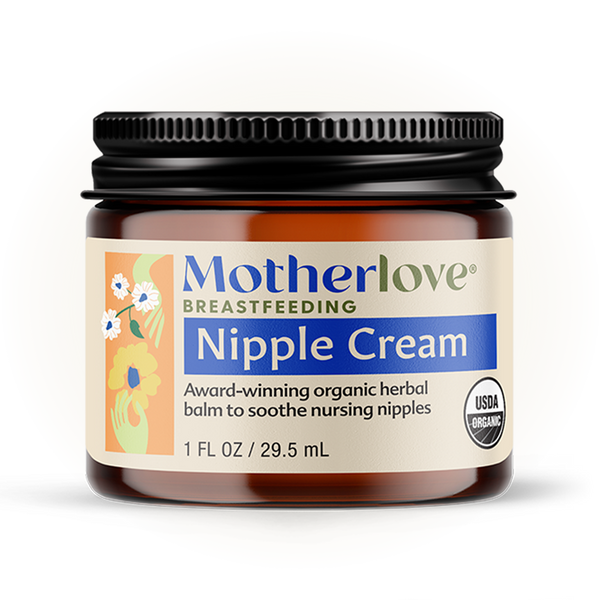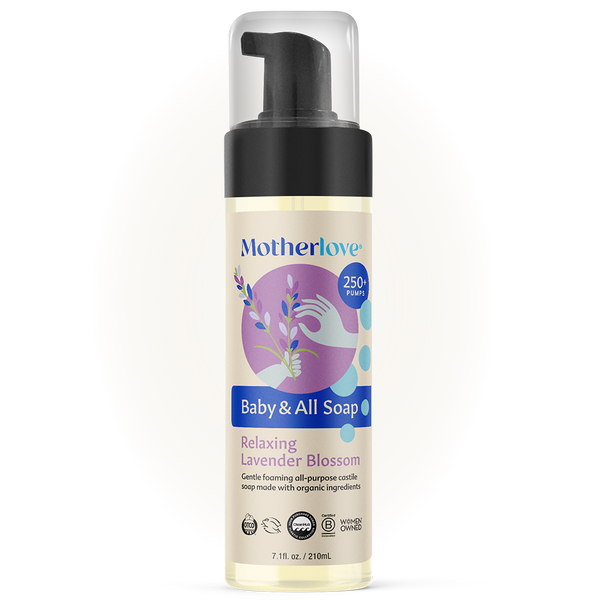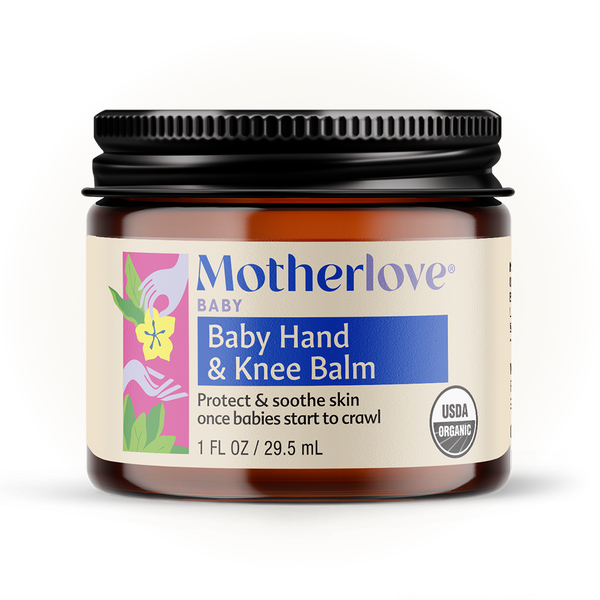Written by Wendy, IBCLC.
Most moms who end up nursing past 12 months usually don’t start with that goal. In the beginning, most moms are focused on making it to 12 weeks, or maybe 6 months. Some are just hoping to make it to the next feeding! Even moms who set a goal to nurse to one year don’t usually think about what happens after the 12-month mark.
WHY MOMS CHOOSE TO NURSE PAST 12 MONTHS
Most moms who nurse past 12 months do so just because it “feels right.” When nursing is something that both you and your baby enjoy, why end it at some arbitrary date? Other moms continue nursing because their child is very attached to breastfeeding and the idea of weaning sounds more complicated than simply continuing. Other moms continue because they believe it’s the healthiest choice for their child.
Usually, the decision to continue nursing past twelve months is a combination of factors. It’s common, too, to have mixed feelings about continuing. You may want to continue because your baby loves nursing, but you may also wish you had more breaks and more “me time.”
NURSING A TODDLER IS NORMAL
However you feel about nursing past twelve months, and whatever your reasons are, here’s what you should know about all else: nursing a toddler is totally normal. And actually, it’s more common than you might think. Although many moms do end up weaning sooner than twelve months, about a third (35.9%) of all babies nurse past the twelve-month mark, according to the CDC.
WHAT DOES (AND DOESN'T) CHANGE?
Okay, but what is nursing a toddler really like?
There’s no one answer to this. In all honesty, nursing a toddler can be beautiful, annoying, exhausting, fascinating, fulfilling, funny, infuriating, and amazing—often all at once.
Your baby is growing up and wants to explore the world, is learning how to communicate, is testing boundaries, and still very much needs their mommy. Nursing is where a lot of these dynamics play out.
To get the full picture of what it’s like to nurse a toddler, let’s look at the nitty-gritty everyday details.
FREQUENCY
Depending on your child and your lifestyle, nursing may or may not happen as frequently as it did when your baby was younger. As a general rule, toddlers do nurse less often, mostly as nursing sessions are replaced by solid food. But toddlers don’t just nurse for nutrition or quench their thirst; they do so when they are craving connection, attention, are tired, bored, etc. So your toddler may want to nurse a lot sometimes. Other times, they may only nurse a few times a day. This is normal. It’s also normal for the frequency to change week by week and month by month.
NIGHTTIME
Some toddlers sleep through the night, but contrary to popular belief, many toddlers still do wake up in the middle of the night. If they are nursing, they may want to nurse at night. Once your toddler is getting enough calories from solids, you can consider night weaning, but that is your choice. If you don’t mind nursing in the middle of the night, there is no reason to stop. (As for dental hygiene, make sure to brush thoroughly before bed: cavities usually only happen when breast milk mixes with solid food, not from breast milk alone.)
SOLID FOOD EATING
Many people are of the mistaken belief that breast milk lacks nutrition after a certain age, but that isn’t the case. For the entire time that you nurse, your milk contains nutritional value. Most toddlers are picky eaters and tend to graze rather than eat large meals. Continuing to nurse can give you confidence that your toddler is getting well-balanced nutrition. As long as you nurse 2-3 times a day, you don’t need to supplement your toddler with cow’s milk or toddler formula.
BEHAVIOR
Your toddler is likely quite mobile by now, and nursing can be a full-on gymnastic activity. Your toddler may start to talk about nursing. He or she may even ask to nurse in public. Now’s a good time to teach your child some nursing manners. You can teach them to ask nicely to nurse and be gentle while they are nursing. Word to the wise: if you don’t want your baby to loudly ask for “boobies” in the grocery, you may wish to discuss alternative words for nursing.
CHALLENGES OF NURSING PAST 12 MONTHS
Nursing past twelve months has its perks. It can be one of the only times your bouncing little monkey will sit still and give you some peace. It’s full of warm cuddles and is a great way to calm your toddler when they are during a meltdown. But any nursing mom will tell you that nursing a toddler isn’t without challenges.
Feeling “Touched Out”
It’s very common to feel “touched out” when you are nursing a toddler. This can be even worse when you are stressed or experiencing PMS. Probably the best thing you can do is realize these feelings are normal, and it might be a signal that you need to ask for others to pitch in with parenting. It can also help you find some time for just you, even if that’s a 5-minute walk around the block to blow off steam.
Disciplining Your Nursing Toddler
Remember that nursing a toddler is a two-way street. Your feelings matter too, and nursing past 12 months only works if you feel good about how things are going. Now is an excellent time to teach your child about boundaries, about “soft touch,” and about empathy. It’s okay to say no sometimes to your toddler when they ask to nurse or redirect them when you don’t feel like you can nurse them again.
Judgment From Others
Maybe the hardest thing to manage when it comes to nursing a toddler is the judgment from others. This usually comes from people who have never nursed a toddler before or have never seen it in person. They may think that any child with teeth, or any child who is old enough to “ask for it” shouldn’t be nursing anymore. These are myths that have no basis in truth. There are no studies that show that nursing a toddler is harmful from a developmental point of view. Still, the judgment can sting. It can help you connect with other moms who nurse toddlers; they can help you navigate these difficult relationships and help you feel normal in your convictions to continue nursing.
HOW LONG SHOULD I NURSE MY TODDLER?
As the Academy Of American Pediatrics (AAP) states, “There is no upper limit to the duration of breastfeeding and no evidence of psychologic or developmental harm from breastfeeding into the third year of life or longer.” That means that how long you nurse your baby is really up to you and your baby!!
Some moms decide to wean based on a particular date they have in mind, like 18 months, two years, etc. Others make the decision based on how they feel about breastfeeding or their specific life circumstances. Others decide just to let weaning happen naturally when the child is ready. There is truly no right way to do it: it’s all about what works for you.
If you choose to wean before your child is two years old, you will likely need to do so slowly, substituting feedings with snacks or drinks. You will need a lot of distractions, and it can be helpful to get other grownups involved. You will want to substitute your skipped feedings with lots of cuddling too.
Older children can get more involved with the weaning process. You can talk about your feelings and even come up with a schedule for how you might wean. Some children even enjoy having a weaning party to mark their accomplishment.
If you decide to wean “naturally,” you will likely find that your child decreases nursing to just a few times a day by age three, and by age four or five, they may be hardly nursing at all. Most children will be done nursing entirely between the ages of four and six.
THE BOTTOM LINE
However, nursing at 12 months (or beyond) looks for you; remember that you are an incredible mom, and nursing is a special gift you are giving to your child. Make it your own, and have confidence in the choices you make along the way.







